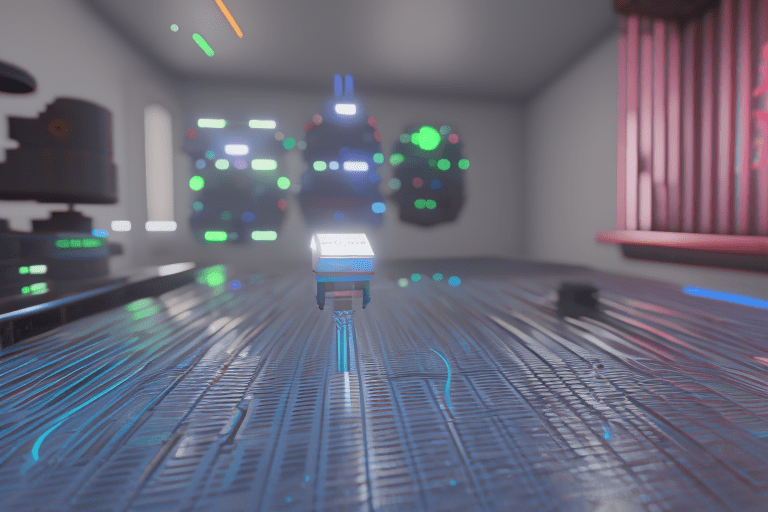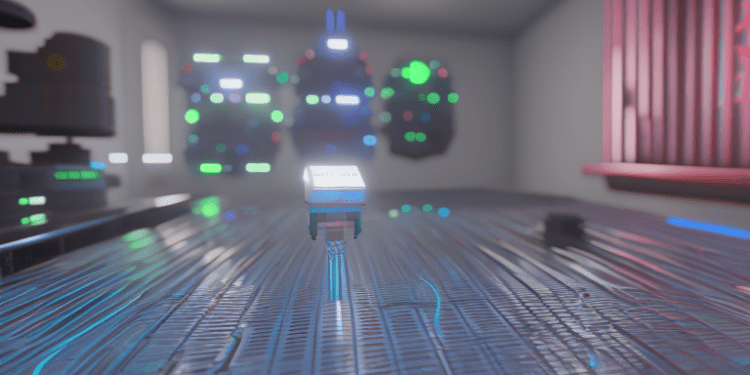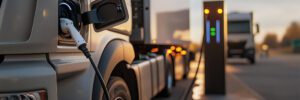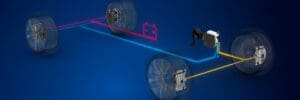LEM, a specialist in electrical measurement technology, has launched its new CAB 1500 current sensor, designed to provide the best-in-class performance for accurate battery charge level measurement. This product is ideal for designers of Li-ion battery management systems, who need sensors that offer high levels of efficiency and accuracy.
The CAB 1500 is part of LEM’s CAB series of automotive-grade design sensors, which use fluxgate transducer technology to deliver the high accuracy and low offset required for reliable coulomb counting. This series also complies with the ISO 26262 functional safety standard (to automotive safety integrity level C), and supports a CAN interface at 500 kbps.
The CAB 1500 open-loop fluxgate sensor can be busbar- or panel-mounted, and offers resolution up to 0.1%. It has an extended current range up to ±1,500 A, and is compatible with 800 V applications to the IEC 60664-1 standard. The sensor also features non-intrusive measurement for full galvanic isolation up to 2.5 kV, low power consumption, VS shunt technology and 0.5% total error over temperatures from -40° C to +85° C.
According to Jérémie Piro, Global Product Manager BMS and Battery Storage: “Accurate battery charge level measurement is essential for maximizing the range of electric vehicles, and the CAB 1500 provides the performance levels that design engineers need. This sensor uses fluxgate technology to deliver the best SoC estimations on the market for today’s advanced EV battery management systems.”
FAQ
Q1: Are electric car batteries recyclable?
A1: Yes, electric car batteries are recyclable.
Q2: Are electric car chargers free?
A2: It depends on the charger and the location. Some electric car chargers are free, while others may require a fee.
Q3: Can electric car batteries be rebuilt?
A3: Yes, electric car batteries can be rebuilt with the right tools and knowledge.











